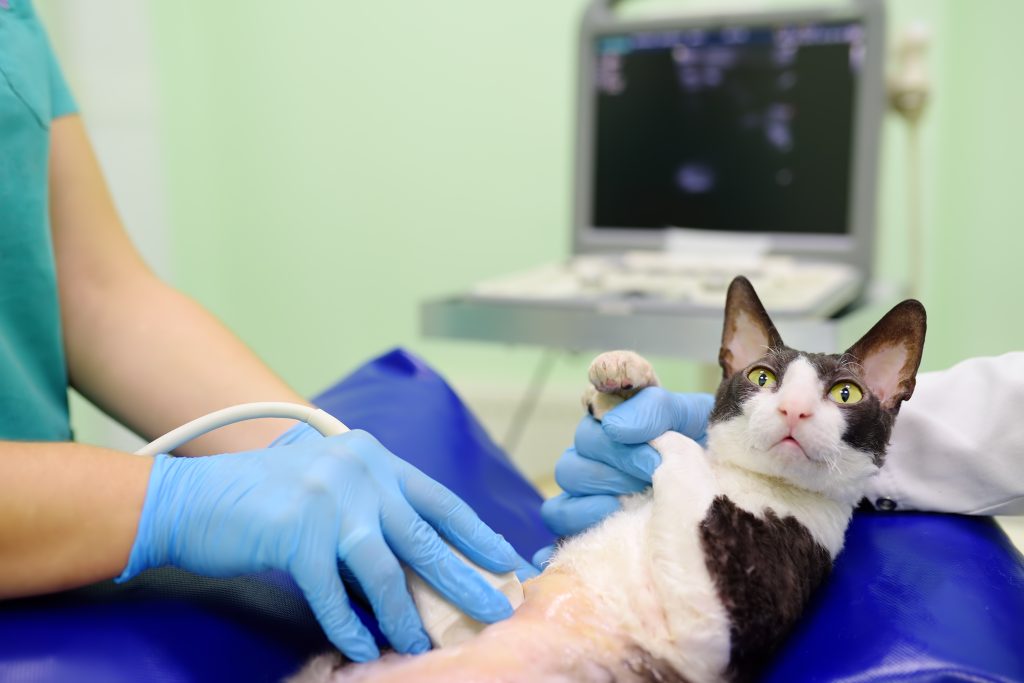Pet Diagnostics

A Guide to Pet Diagnostics: Types and When They're Appropriate
Pets are an important part of many people's lives, and keeping them healthy is a top priority. When something goes wrong, it's natural to want to do everything in our power to find out what's wrong and make them better. Thankfully, there are a variety of diagnostic tools available to help us do just that. Here's a guide to the different types of pet diagnostics and when they might be appropriate for your pet.
Radiology/Imaging Studies
Radiology (x-rays) and imaging studies (MRI, CT, ultrasound) can be helpful in diagnosing a variety of conditions in pets. They're often used to look for things like fractures, foreign bodies, tumors, and other abnormalities. Radiology/imaging studies are generally non-invasive and relatively well tolerated by pets, making them a good first step in diagnosing many conditions.
Bloodwork/Biochemical Profile
A biochemical profile is a blood test that gives information about your pet's overall health. It can give clues about things like dehydration, organ function, and metabolic disorders. Bloodwork is often used as a baseline when your pet is healthy so that abnormal values can be identified more easily if they arise in the future. Biochemical profiles are also used to screen for things like genetic diseases and toxicity.
Urinalysis/Fecal Analysis
Urinalysis is a screening test that looks at various components of urine, including pH, protein levels, glucose levels, and the presence of blood or infection. It can give clues about things like urinary tract infections or diabetes. A fecal analysis looks at stool samples for the presence of parasites, blood, or other abnormalities. Fecal analysis is often used as part of routine wellness screenings or when gastrointestinal symptoms are present.
These are the most common diagnostic tests available for pets. When your pet isn't feeling well, talk to your veterinarian about which tests might be appropriate in your pet's case. With the help of these diagnostic tools, you and your veterinarian can work together to get your pet back on the road to good health!